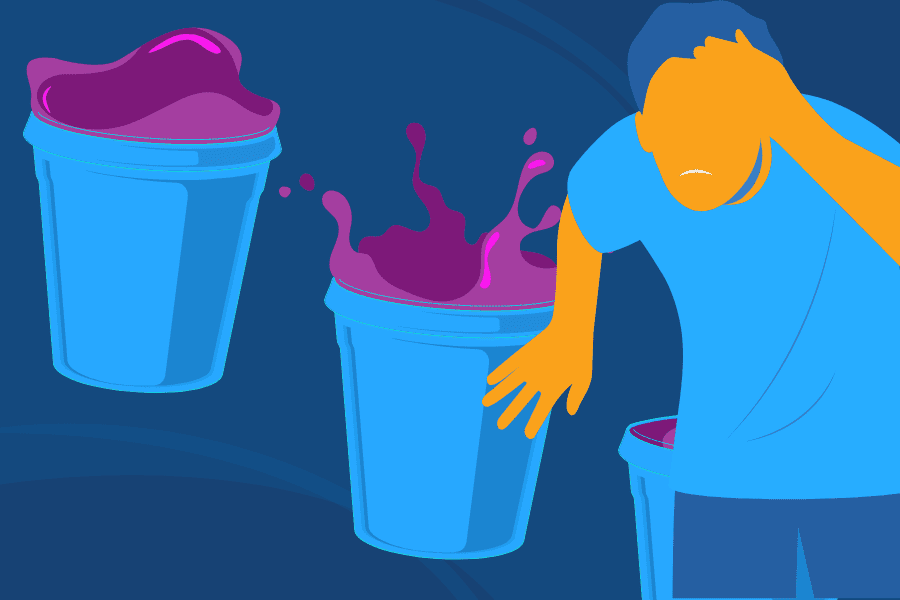Cocaine Abuse
Cocaine is an illegal drug that is derived from the leaves of the coca plant, which is grown in South America. This drug is a powerful stimulant, and is considered to be highly dangerous because of its high addiction risk and propensity for severe health complications.
Cocaine is sold on the street as a fine white powder, or in a more potent crystalline form known as crack. It may also be referred to as blow, nose candy, yeyo or snow. When cocaine users snort, inject or smoke it, they feel a rush of energy, heightened awareness and pleasure.
However, these effects wear off quickly, and users must take more and more of the drug to experience its effects.
Although it is not as common as marijuana or opioids, cocaine is still one of the most widespread illegal drugs in America. The National Institute on Drug Abuse found that over 14 percent of Americans age 12 and older have used cocaine at some point in their lives.
The most dangerous aspect of the drug is the possibility of overdose, with over 10,000 Americans dying of cocaine overdose in 2016.
Effects of Cocaine Use
When cocaine is ingested, it stimulates the central nervous system, releasing adrenaline into the bloodstream and raising the user’s heart rate and blood pressure. It also causes the brain to release dopamine, the chemical that makes you feel pleasure, and it makes the brain more sensitive to sensory stimulation.
Cocaine’s short-term effects can include irritability, itching and, in extreme cases, paranoia and strange behavior. The effects of cocaine appear almost immediately after ingestion, usually lasting an hour or less.
The intensity and length of the drug’s effects depend on the amount and method of ingestion, with injecting or smoking cocaine producing a quicker and more intense high than snorting.
Health Risks of Coke Abuse
When people ingest cocaine repeatedly, their experience of its effects declines over time. As a result, they must take more and more of the drug to experience the same high, or even to feel normal. This high likelihood of increasing use sharply increases the risk for addiction, serious medical problems and overdose.
Long-term health problems associated with cocaine use include:
- Loss of appetite, leading to malnourishment
- Permanently impaired motor skills
- Parkinson’s disease
- Auditory hallucinations
Different methods of cocaine ingestion each lead to a different set of specific long-term health complications.
- Snorting can lead to frequent nosebleeds, frequent runny nose, deviated septum, loss of smell and swallowing problems.
- Oral ingestion of cocaine, such as mixing it into a drink, can permanently damage one’s digestive organs due to reduced blood flow.
- Intravenous injection (through a needle) carries a high risk for blood-borne diseases such as HIV and hepatitis C.
- Smoking cocaine can lead to permanent brain and ear damage, as well as permanent damage to the liver, kidneys and lungs.
How Young People Use Cocaine
Teens and young adults who use cocaine typically use these methods:
- Snorting it in powder form
- Smoking it in solid form (freebase)
- Mixing it with water and injecting it with a needle
- Mixing cocaine powder into a drink
- Smoking it in rock form (crack)
Cocaine is sometimes mixed with other substances. These substances are known as:
- Speedball (cocaine and heroin)
- Snow seals (cocaine and amphetamine)
- Cocopuffs (tobacco cigarettes laced with cocaine)
Signs of Coke Addiction
If your child is using cocaine, they could display any of the following warning signs:
- Dilated pupils
- Runny nose, nosebleeds
- Heightened energy, hyperactivity
- Restlessness, talkativeness
- Mood swings
- Change in appearance and hygiene
- Isolation
- Loss of interest in activities
- Urgent need for money
- Change in sleeping habits
- Change in appetite
- Carrying, storing or hiding drug paraphernalia such as spoons, razor blades and plastic bags
What to do if You Suspect Your Child is Using Cocaine
If you think a teen or a young adult you know is using cocaine, it can be difficult to have the courage to seek help – but don’t wait. The risk for major, long-term health problems is high; it’s best to seek the help of medical or addiction recovery professionals as soon as possible.
We have teen residential treatment and a medical detox program. If you’re unsure of what to do in your situation, the Sandstone team is ready to help – give us a call seven days a week at (888) 850-1890.




